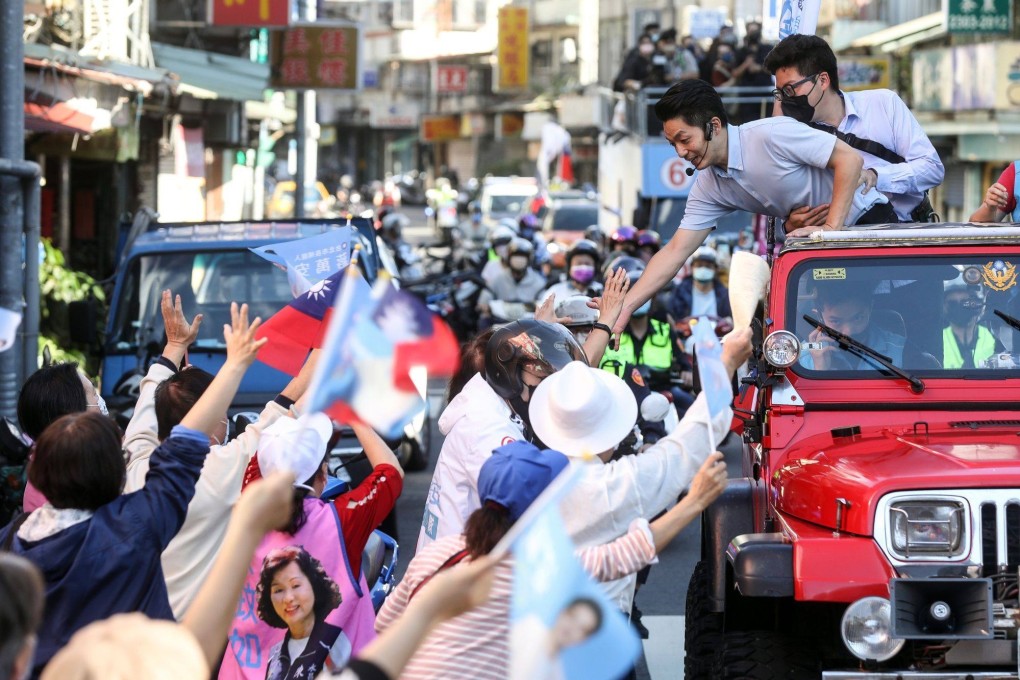Advertisement
Letters | Kuomintang win in Taiwan elections is start of uphill battle to improve cross-strait ties
- Readers discuss the Kuomintang’s victory in Taiwan’s local elections, and a turning of the tide with regard to countries’ attitude to China evident at the G20
Reading Time:3 minutes
Why you can trust SCMP

Feel strongly about these letters, or any other aspects of the news? Share your views by emailing us your Letter to the Editor at [email protected]. Submissions should not exceed 400 words, and must include your full name and address, plus a phone number for verification
The Kuomintang’s defeat of the Democratic Progressive Party in Saturday’s local elections in Taiwan, which prompted Tsai Ing-wen, Taiwan’s president, to resign as head of the DPP, marks a significant change in the island’s political climate.
The “blue wave” signifies the Taiwanese people’s distaste for the DPP’s bellicose rhetoric against the mainland and the desire to refocus on domestic issues. Some suggest it sets the stage for the island’s 2024 federal election.
Advertisement
The KMT’s big win was somewhat surprising, given its relative weakness both domestically and internationally. Over the years, the DPP has outmanoeuvred the KMT, while the KMT’s own internal jostling fragmented its messaging.
Internationally, the United States favoured the DPP and used it to inflame cross-strait tensions, as manifested in greater military support for Taiwan and high-level political visits.
Advertisement
Nevertheless, the KMT has shown it can still garner the support of the people of Taiwan. Will this be enough to secure the KMT’s future? For stable cross-strait relations and adherence to the one-China principle, KMT viability is critical.
Advertisement
Select Voice
Select Speed
1.00x